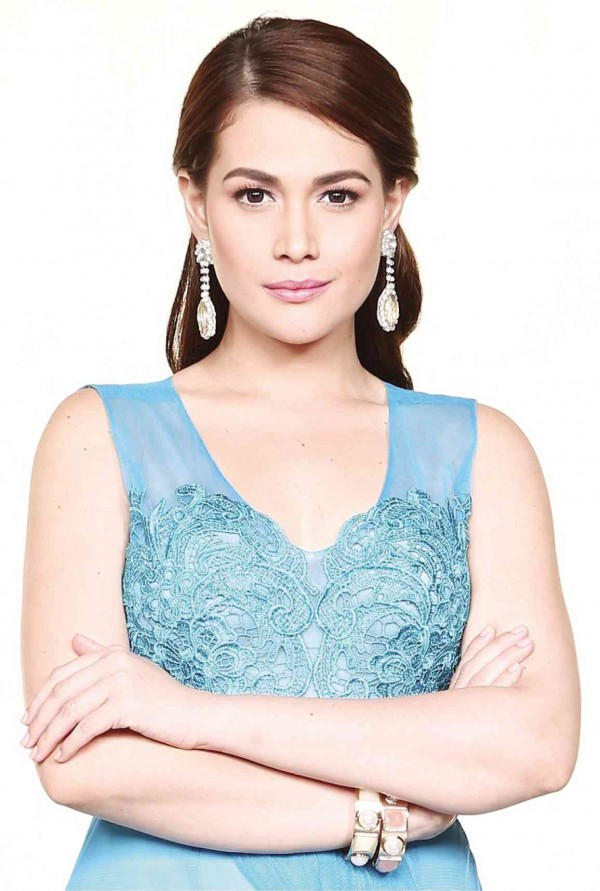We feel so strongly that Bea Alonzo is the best TV-film actress of her generation that we’ve been plugging for her to topbill a reputation-affirming movie, as a definitive followup to the success of her last teleserye, “Sana Bukas Pa Ang Kahapon.”
When the new film, “The Love Affair,” finally came, we went all-out to support it—but, now that we’ve finally seen it, we have to share our disappointment, because it’s not the succes d’estime we fervently hoped for. —What happened?
First, new director Nuel Naval failed to rise up to the challenge of coming up with a film that made full use and was worthy of Bea’s exceptional thespic gift. Second, the decision was made to put her in a “triangular” love drama that also starred the durable love team of Dawn Zulueta and Richard Gomez, and their stellar participation watered down the film as a suitably focused and challenging Bea starrer.
It could be that there are film execs out there who think that Bea can’t “carry” a film, hence the stellar hedging and “insurance” with the senior stars—but, those decision-makers are wrong: We still believe that with a firmly focused solo starrer megged by a topnotch director, Bea could have come up with a stellar hit all her own. —Well, another opportunity missed. Maybe next time?
Marital sin
On the film itself: It has problems right from the start, because it isn’t clear about the marital sin that Dawn’s character has committed, which tore her marriage with Richard apart: She swears that she “only kissed” his best friend, while Richard believes the worst.
The storytelling fuzzes up the conflict by watering down Dawn’s sin—it isn’t a matter of degree, and insisting on that vague, “redeeming” tack makes the movie start out on the wrong foot.
On the plus side, Bea is fully up to her role’s many emotional challenges—but Dawn and Richard are less so.
Dawn does have her moments of true pain and guilt, but Richard, despite his best efforts, comes up short as the story’s male antihero. Even when he goes deepest emotionally, like the remembered scene in which his son dies, the impact is not quite “there.”
This key flaw is echoed by other casting choices—like the actress playing the marriage counselor—that are less than apt. Other instances: Ariel Ureta and Lloyd Samartino as neurosurgeons.
In a dramatic film that aspires to greatness, all of the details have to fuse as one, no slipshod near-misses allowed.
In Richard’s case, the insufficiency of his total performance is not his fault alone, with scripting and directorial fumbles adding to his own. For one thing, his character swears that he loves Bea, and yet, when push comes to shove, he still chooses Dawn over her, leaving his young inamorata in the lurch—for the second time. (At film’s start, her fiance also fooled her. He’s played by Tom Rodriguez, in another embarrassingly “off” portrayal.)
Worse, not only is Bea left to pick up the pieces at film’s end, but she is forced to play the mapagparaya, self-sacrificial and “noble victim” whose sweet forgiveness gets Dawn and Richard off the hook!
How terrible it must have been for a fine actress like Bea to dutifully play this unplayable denouement to her otherwise finely limned performance! To make amends, give her a great solo starrer next, please.
